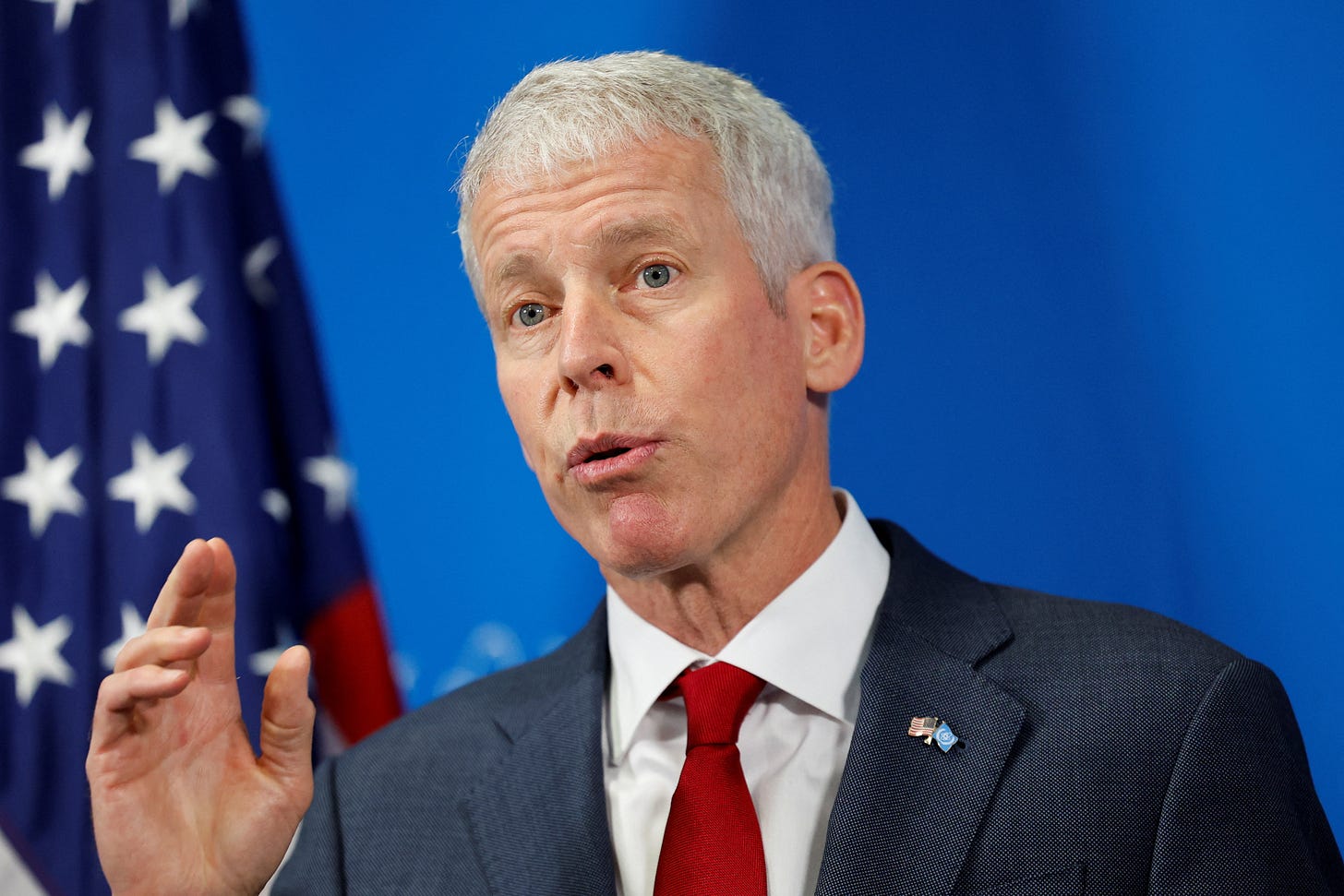Political Scrutiny Emerges Over Oklo’s Tennessee Fuel Center
Conflict of interest concerns over Energy Secretary’s Oklo ties add risk to $1.68B Oak Ridge project.

U.S. Sen. Edward Markey (D-Mass.) has raised concerns that Energy Secretary Chris Wright may be working in the interest of his former company, Oklo, adding a political layer of uncertainty to Tennessee’s $1.68 billion bet on nuclear fuel reprocessing.
In a letter sent on Tuesday to President Donald Trump, Markey expressed concern that U.S. Energy Secretary Chris Wright is acting in the interest of his former company, according to a Reuters report by Timothy Gardner. “Oklo stands to benefit financially and Secretary Wright is acting in his former company’s interest,” Markey said. Wright served on Oklo’s board before entering government. The Energy Department told Reuters he resigned from that position and has never owned stock in the company.
Oklo announced earlier this month that it will build a reprocessing plant at the Oak Ridge Heritage Center, promising more than 800 jobs and marketing the project as the first privately funded facility of its kind in the United States. The Tennessee Valley Authority has signed only a non-binding agreement with the company, leaving open the question of whether it will provide spent fuel or purchase power from Oklo in the future.
As The Clarity Digest reported earlier this week, the plan faces steep economic and technical hurdles. Previous U.S. reprocessing ventures collapsed under rising costs and regulatory pressures, leaving behind billion-dollar cleanup bills. Experts also question whether Oklo’s chosen technology, pyroprocessing, will prove cheaper or safer than past methods.
Markey’s concerns broaden the challenge. Reuters reported that the senator pressed the White House on whether Wright’s involvement in policy decisions could financially benefit Oklo. The Energy Department said Wright remains compliant with ethics rules and financial disclosures. Oklo declined to comment.
The political scrutiny arrives as the federal government revisits its plutonium policy. Reuters noted that in May, Trump ordered DOE to halt much of its disposal program and instead consider using surplus plutonium as reactor fuel. While Oklo has not publicly committed to using plutonium, experts warn that introducing it into commercial reprocessing raises proliferation concerns.
For Tennessee, the stakes go beyond jobs. Licensing delays or political opposition could tie up the state’s incentives for years — including a $13 million grant and 166 acres of land — slowing the Oak Ridge project. Past reprocessing projects, such as those in West Valley, N.Y., demonstrate how quickly costs can shift to taxpayers when private operators fail.
Markey’s intervention underscores that Oklo’s bid is not only a technical and financial gamble but also a political one. Questions over conflicts of interest at the top of the Department of Energy may complicate the company’s path through federal licensing and public acceptance.
The Clarity Digest will continue tracking developments as Tennessee’s nuclear bet collides with Washington politics.

